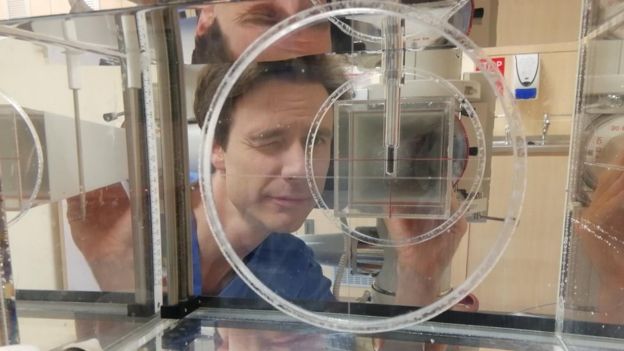The gaming industry is larger than films and music combined, yet few of us are likely to put our Fortnite playing achievements on our CVs. But why not? Businesses are waking up to the skills gamers can bring to the workplace.
Twelve years into his career, Mark Long, a radiotherapy physicist with the NHS in Surrey, doesn’t get as much gaming time as he used to.
“I would love to say that my gaming skills allow me to obliterate cancer using linacs [linear accelerators] like photon blasters, but that’s not quite the reality.”
Instead, he credits old-school games like Palace of Magic, on his father’s Acorn Electron, with exposing him to computers. Every new gaming upgrade improved his knowledge of how they worked.

Gaming also encouraged a competitive streak – and that, he believes, translates.
“When creating treatment plans, the aim is to optimise the radiation dose to the tumour and restrict it as much as possible to healthy surrounding tissue and organs,” he says.
It’s about “repeating the process, but each time doing something slightly different to improve the result”. Not unlike achieving a high score or a perfect run.
“Most videogames are essentially puzzles to solve,” he says. “And problem-solving is a big part of my job.”
Full article can be accessed here.
